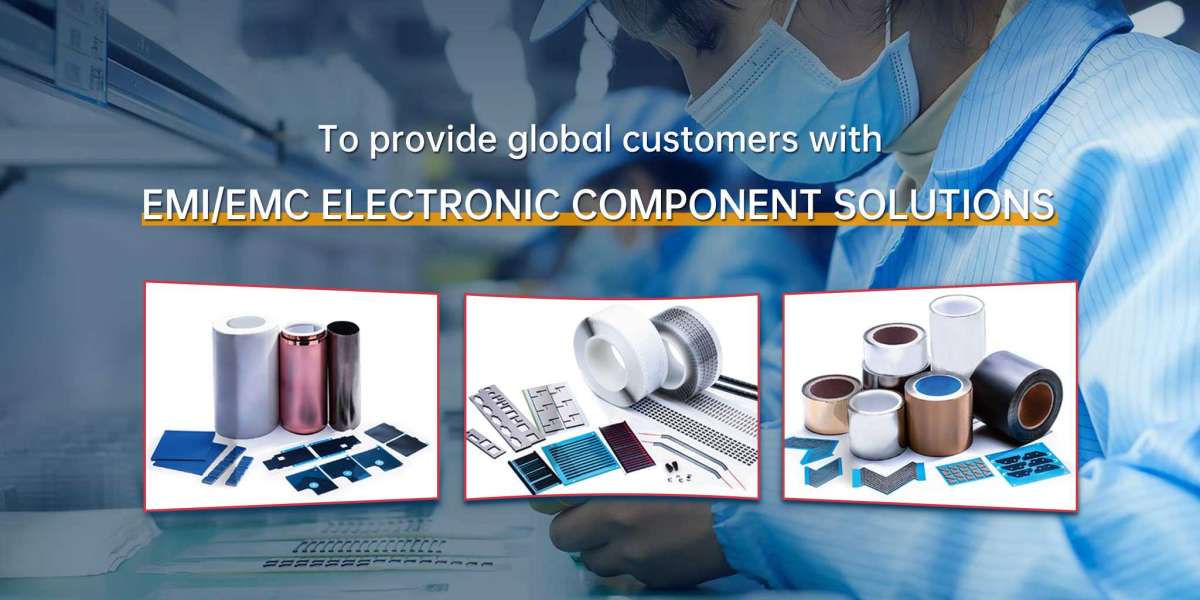
Precision die cutting is a crucial process in modern manufacturing that enables the production of high-quality, intricate parts and components with unmatched accuracy. From the automotive industry to electronics and medical devices, precision die cutting has transformed how industries approach mass production, offering a fast, efficient, and cost-effective solution. In this article, we’ll delve into what precision die cutting is, its benefits, and how it contributes to the manufacturing world.
What is Precision Die Cutting?
Precision die cutting is a manufacturing technique used to cut, shape, and form materials into specific designs using a custom-made die. The die, which is essentially a mold, applies pressure to the material, cutting it into the desired shape with extreme accuracy. Unlike other cutting methods, precision die cutting is specifically designed for high-volume production where uniformity and tight tolerances are crucial. It is commonly used with materials such as paper, rubber, plastic, foam, and metals to create a wide range of products from gaskets and seals to medical parts and packaging.
Why Choose Precision Die Cutting?
- Unmatched Accuracy and Consistency
One of the standout advantages of precision die cutting is the ability to achieve consistent and accurate cuts. In industries where parts need to meet specific standards and tolerances—such as the automotive and electronics industries—precision die cutting ensures that each piece is cut to the same exact specifications. This uniformity minimizes defects and ensures high-quality products, which is critical in sectors where precision is paramount.
- Cost-Effectiveness for High-Volume Production
Although precision die cutting requires an initial investment in custom dies, it becomes increasingly cost-effective as production volumes grow. The more parts that are produced, the lower the cost per unit. This makes precision die cutting an ideal solution for mass production runs where high quantities of parts are needed. Industries that rely on large-scale manufacturing, such as packaging and automotive, can significantly reduce their production costs using this process.
- Faster Production Times
The speed at which precision die cutting can produce parts is another significant benefit. Once the die is created and set up, the cutting process is quick and efficient, which allows manufacturers to meet tight deadlines and high-volume demands. The rapid production times reduce lead times and help businesses stay competitive by delivering products faster than traditional methods.
- Versatility Across Materials
Precision die cutting is highly versatile and works with a variety of materials, such as metals, plastics, rubber, paper, and foam. This flexibility allows manufacturers to use precision die cutting in various industries for different applications. Whether creating seals, automotive gaskets, or electronic components, precision die cutting ensures that the material is cut to the precise specifications required.
- Minimized Waste
In addition to being cost-effective, precision die cutting also helps reduce material waste. The custom dies are designed to maximize the use of the material, ensuring that each cut is as efficient as possible. This reduction in waste not only lowers material costs but also contributes to more sustainable manufacturing practices, which is increasingly important in today’s environmentally conscious market.
Applications of Precision Die Cutting
Precision die cutting finds applications in several industries. Some common uses include:
- Automotive Industry: Gaskets, seals, insulation, and protective components.
- Electronics: Filters, spacers, and protective layers.
- Medical Devices: Parts for surgical tools, wound care, and diagnostic equipment.
- Packaging: Custom boxes, inserts, and labels.
Conclusion
Precision die cutting is a revolutionary process that enables manufacturers to create high-quality, consistent parts with impressive accuracy. Its speed, versatility, and cost-effectiveness make it a game-changer in industries like automotive, electronics, and medical devices. For businesses looking to streamline their manufacturing process and reduce costs while maintaining quality, precision die cutting is an essential tool. To learn more about this process and how it can benefit your business, visit Precision Die Cutting for further information.
